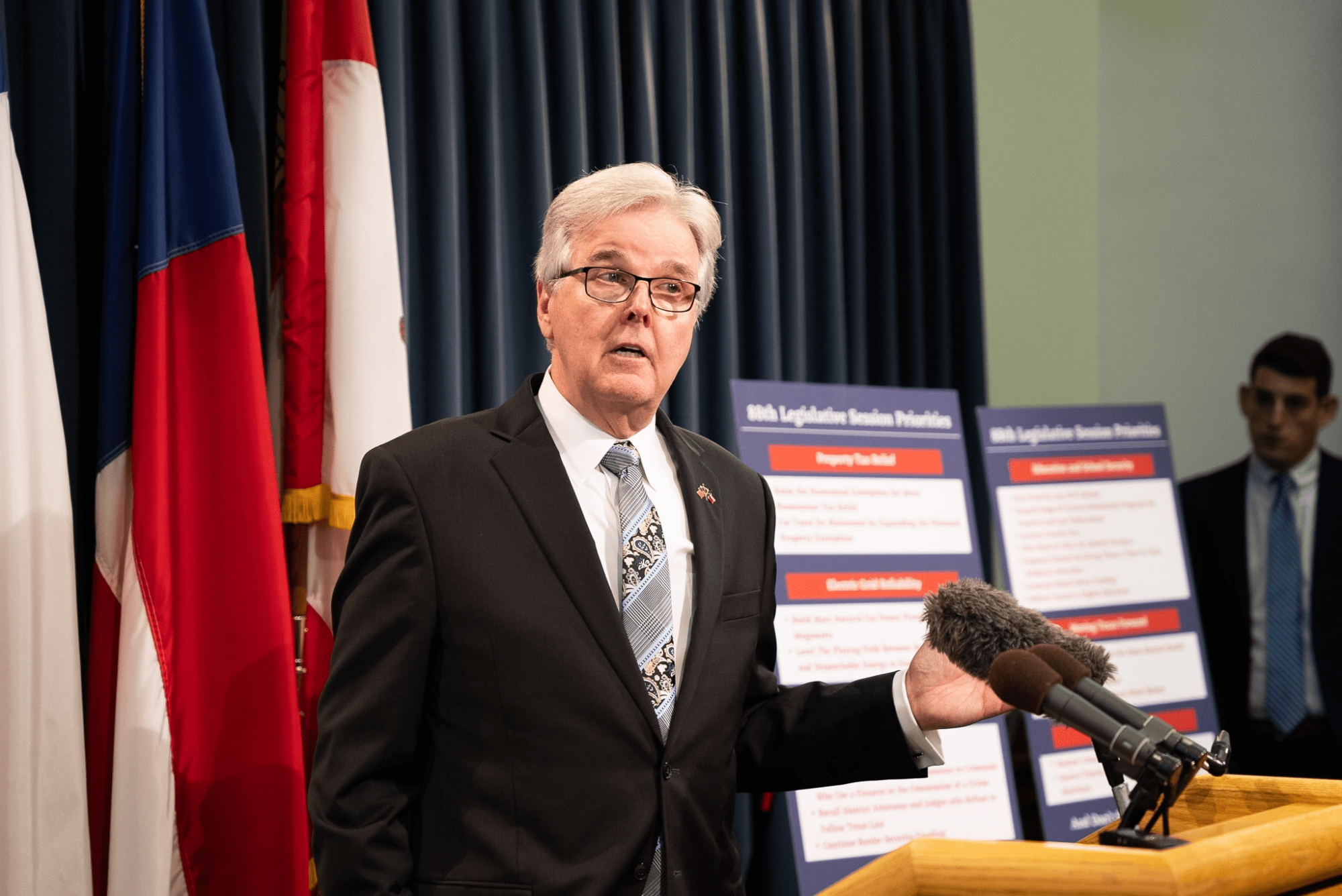Large corporations are scrambling to get special perks and cash handouts — paid for by you, the hardworking taxpayer. The problem shows no signs of slowing, which reinforces the need for the legislature to allow the enabling law to expire this coming session.
Chapter 312, which allows entities that collect property taxes to grant exemptions for redevelopment, was approved by voters in 1981. Voters passed the constitutional amendment to allow governments to lure business by offering tax breaks, but over the years the law has turned into a tax-funded competition: which local entity can offer the sweetest deal at the greatest taxpayer expense?
The abuse of this program really came to light during the recent Amazon HQ2 debate. After the $235 billion company announced they were seeking a location for their second headquarters, cities across the country immediately started offering incentive packages that made even the billion-dollar executives drool. Even before that, Amazon already benefited from $1.24 billion of state and local incentives for other projects.
Houston, which didn’t make the finals for HQ2, offered cash and tax incentives totaling $268 million, while Dallas offered a package totaling $1.2 billion.
But Amazon is just one high-profile deal. In reality, local governments in Texas are offering tax abatements every day to businesses that don’t need them, don’t provide a significant return on investment, and would still otherwise come if the tax and regulatory climate permitted it.
The booming city of Katy, a suburb of Houston, just approved a 40-percent, 10-year tax abatement on a 43-acre tract of land for Glazer’s Wine and Spirits of Texas.
Goose Creek Consolidated ISD just offered Germany-based Covestro, one of the world’s largest plastics and adhesive manufacturers, $59 million over 10 years.
And most recently, a host of north Texas cities gave the Professional Golfer’s Association a monstrous $160 million sweetheart deal to move their headquarters to Texas. That’s more than twice what Toyota received to move its headquarters to the same area.
Texas officials often talk about the “Texas Miracle” and how it has led to a more prosperous and free Texas. While that is true, they should learn to increasingly rely on better policy to attract businesses rather than taxpayer-funded corporate welfare.
Texas taxpayers have seen their property tax bills increase enormously in recent years, specifically 36 percent in the last three years for those in Harris County. Local governments — cities, counties, and school districts — drive those taxes up through excessive spending, bond debt, and outright mismanagement. The multi-million dollar special treatment deals are not only a corrupt practice that needs to stop, but they are also a reason why citizens’ tax bills keep growing larger.
With Chapter 312 and 313 set to sunset, the 86th Legislature is uniquely positioned to put a stop to this practice and force governments to naturally compete through conducive regulatory and tax climates rather than allow them to continue luring businesses through taxpayer-funded bribery.




